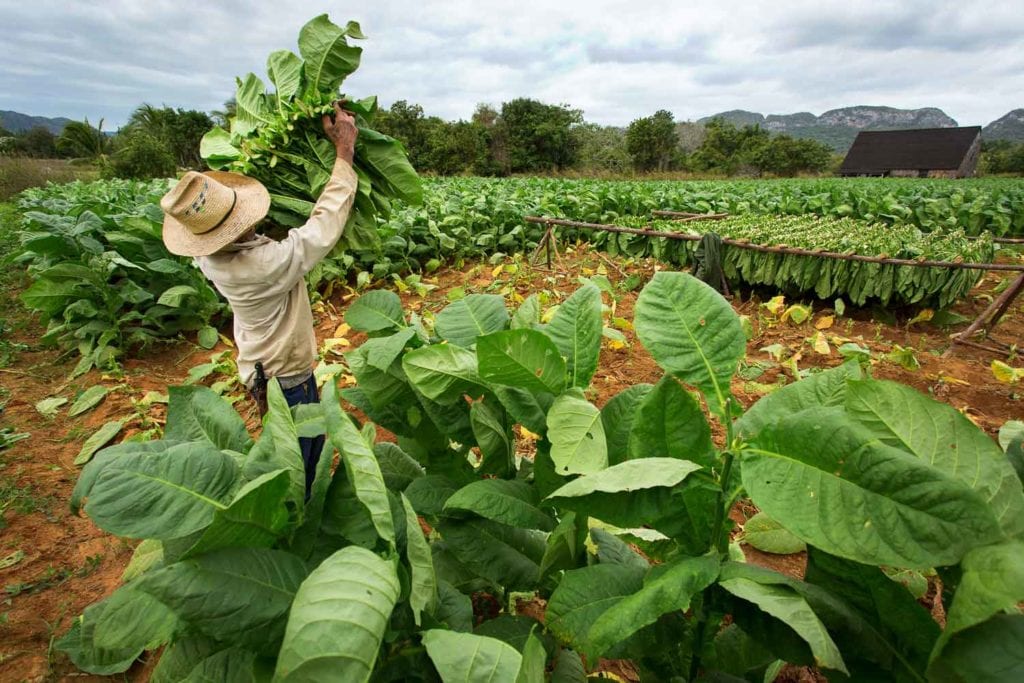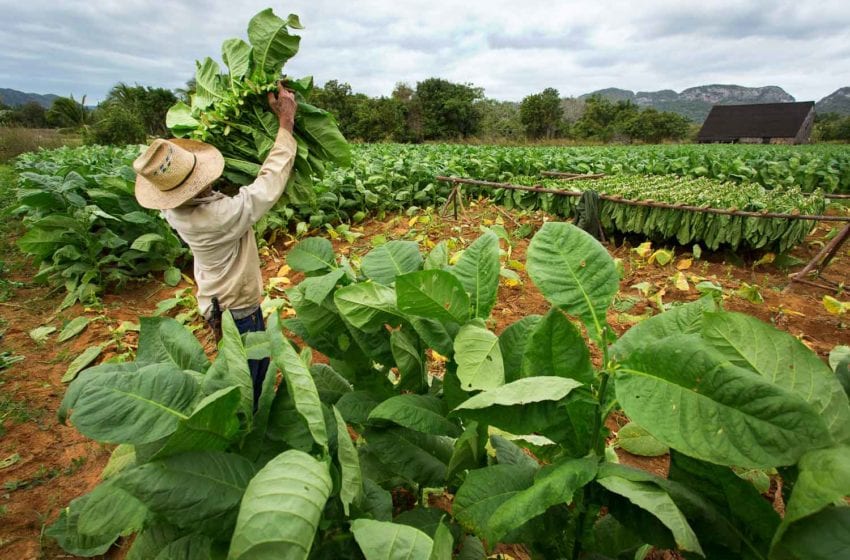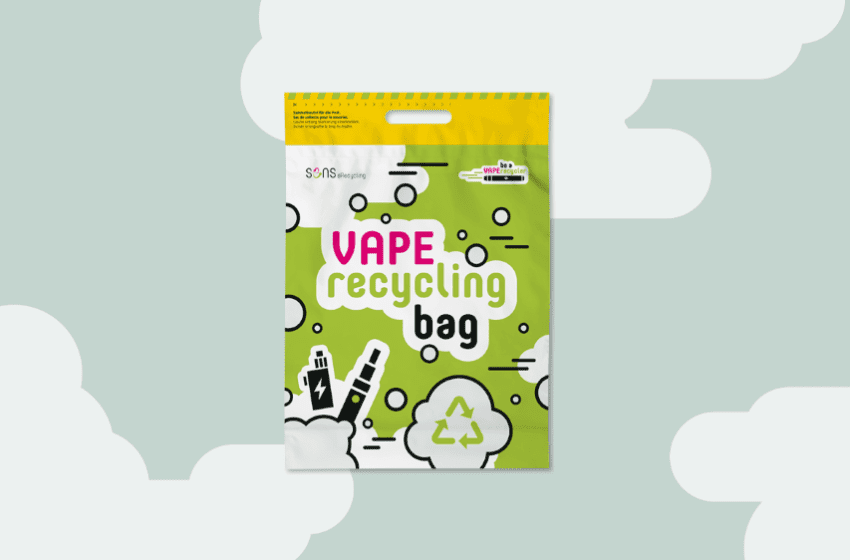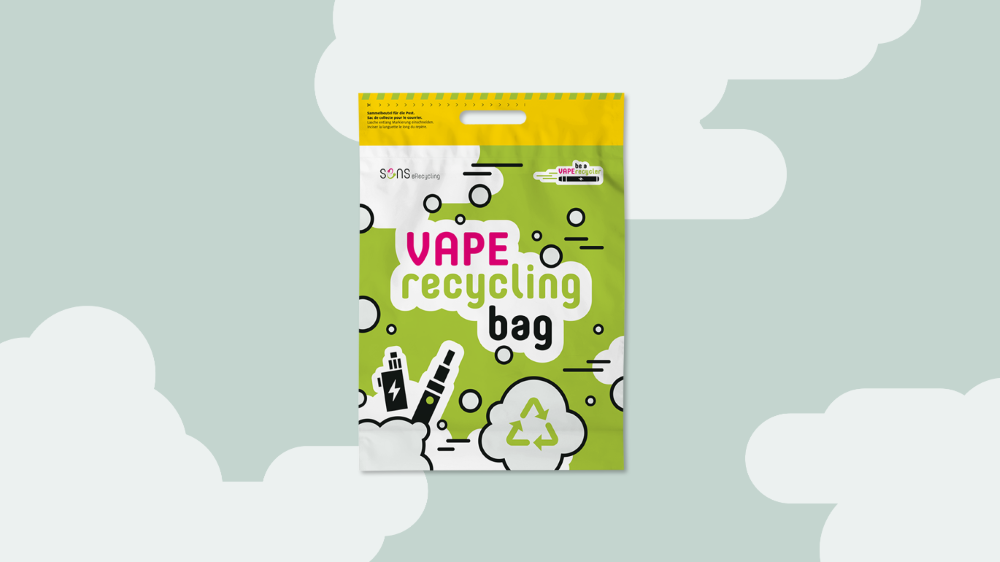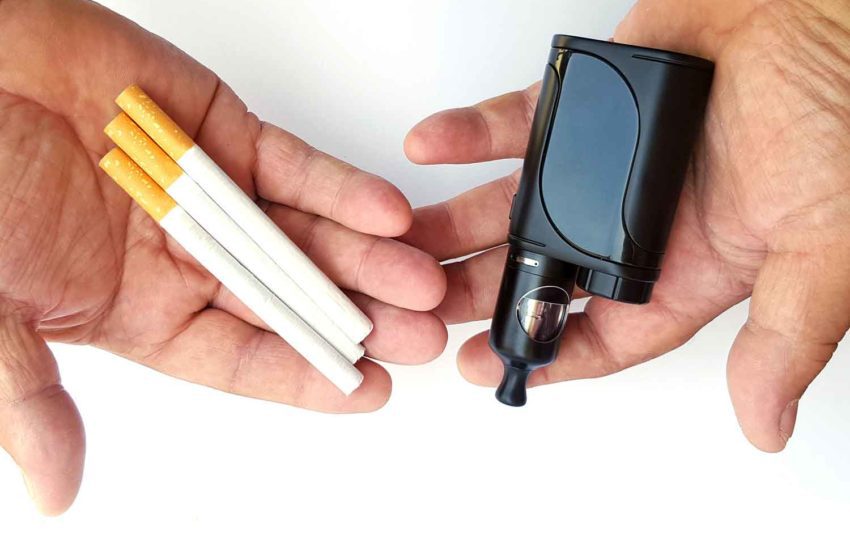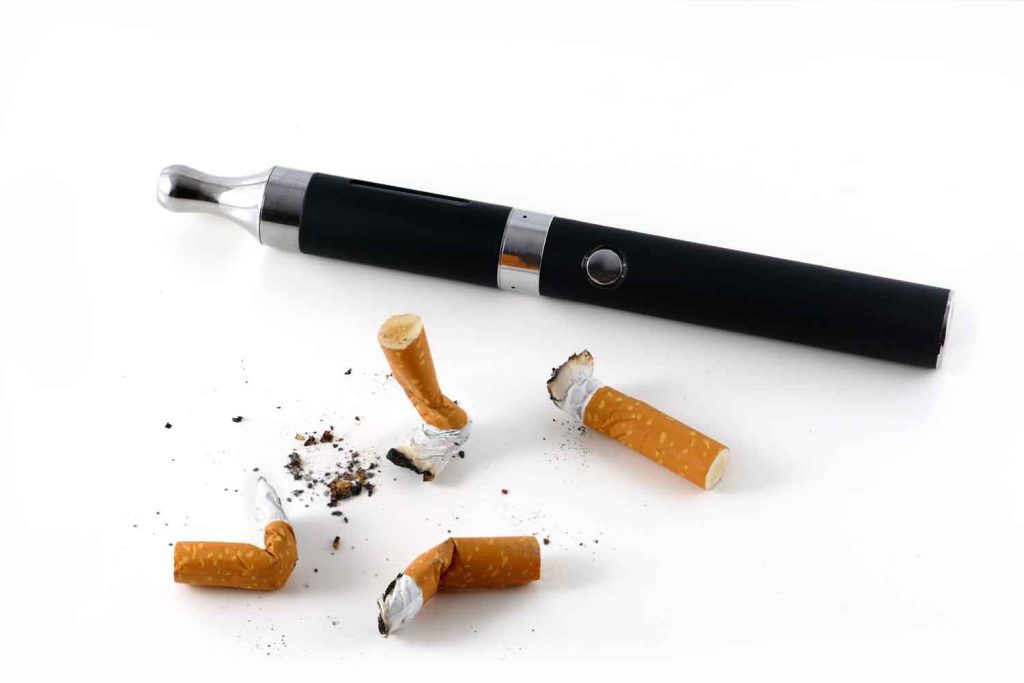Last month, the Romanian government enacted Governmental Ordinance No. 23/20.07.2023 amending and supplementing the Romanian Tobacco Law (GO 23). The move bans all flavored heated-tobacco products.
The law takes effect on Oct. 23, 2023.
Prior to enacting GO 23 under the framework of Romanian Tobacco Law, only cigarettes and roll-your-own tobacco were subject to the prohibition of characterizing flavors and containing flavorings in any of their components, such as filters, papers, packages, capsules or any technical features.
The aim of GO 23 is to extend this prohibition to heated-tobacco products and to impose more restrictive requirements on packaging and labeling of such heated-tobacco products, according to media reports.
For the first time, GO 23 enacts a legal definition of “heated-tobacco products,” which refers to “a novel tobacco product that is heated to produce an emission containing nicotine and other chemicals, which is then inhaled by user(s) and that, depending on its characteristics, is a smokeless tobacco product or a tobacco product for smoking.”
This definition will include any type of vaping devices that entail heating of tobacco in view of obtaining an inhalable emission containing nicotine and other chemicals.
Heated-tobacco products with any type of “characterizing flavor,” such as menthol, fruits, etc., will no longer be allowed in the Romanian market.
Additionally, each unit of and any outside packaging of heated-tobacco products must carry the mandatory message: “Tobacco smoke contains over 70 substances known to cause cancer.”
GO 23 also states that each unit packet and any outside packaging of heated-tobacco products for smoking must carry combined health warnings that observe all the requirements set out in art.
All producers and importers of heated-tobacco products in Romania must notify the Romanian Health Ministry within 90 days after the enactment of GO 23.
